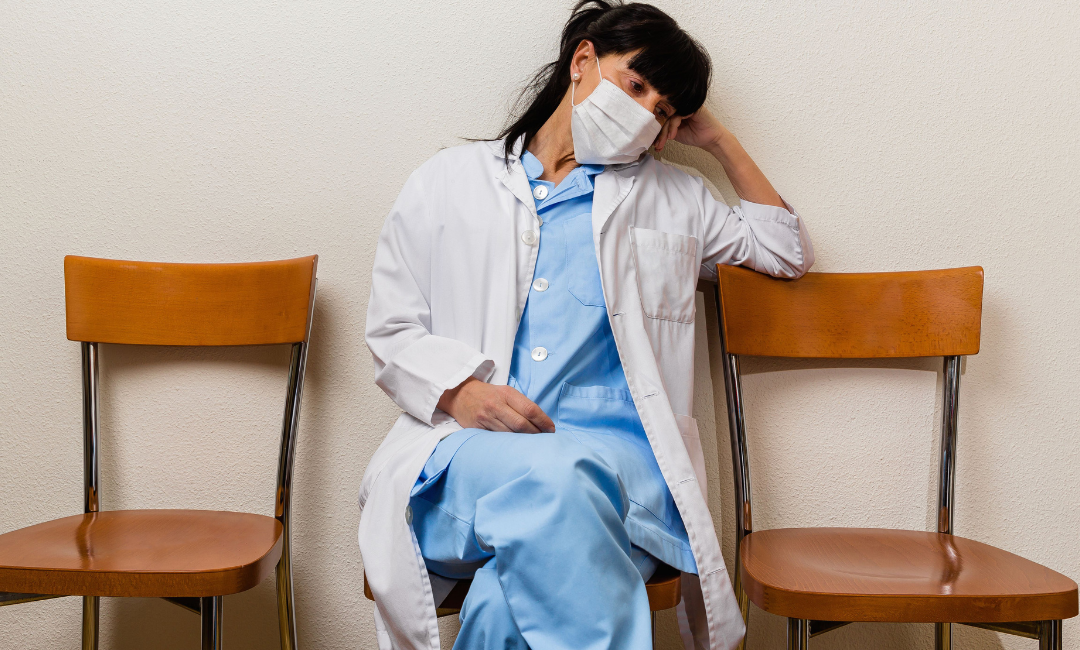Nurse Coroners or Death Investigators
This specialty goes hand-in-hand with forensic nurse investigators, as it also involves working alongside a coroner.
Rather than focusing on evidence collection, a nurse in this specialty of forensics is responsible for working with the rest of the medical forensics team in determining a victim’s cause and time of death as well as if foul play was involved.
Although they themselves might not be tasked with evidence collection, they possess a thorough understanding of how these processes work.
As previously mentioned, these specialized nurses will also be found working out of a coroner’s or medical examiner’s office.
Additionally, SANEs may be called to testify in court on their findings.
Forensic Gerontology Specialist Legal Nurse Consultants
Nurses in this specialty of forensics will assist attorneys by providing clinical expertise regarding medical issues.
Understandably, these professionals are limited in the scope in which they can offer advice.
The American Association of Legal Nurse Consultants (AALNC) identifies 13 areas in which a legal nurse consultant may advise. A few of these areas include medical malpractice, personal injury, elder law, workers’ compensation, and forensic/criminal.
Typically, a legal nurse consultant can be found working in government offices, insurance companies, or other legal departments.
Correctional Nursing Specialists
This field works with individuals who are incarcerated.
A few of their daily tasks include performing intake exams, distributing daily medications, and assessing patient needs.
These nurses must possess a broad set of skills in multiple disciplines, such as: mental health, chronic medical conditions, substance abuse, infectious disease, and injuries.








